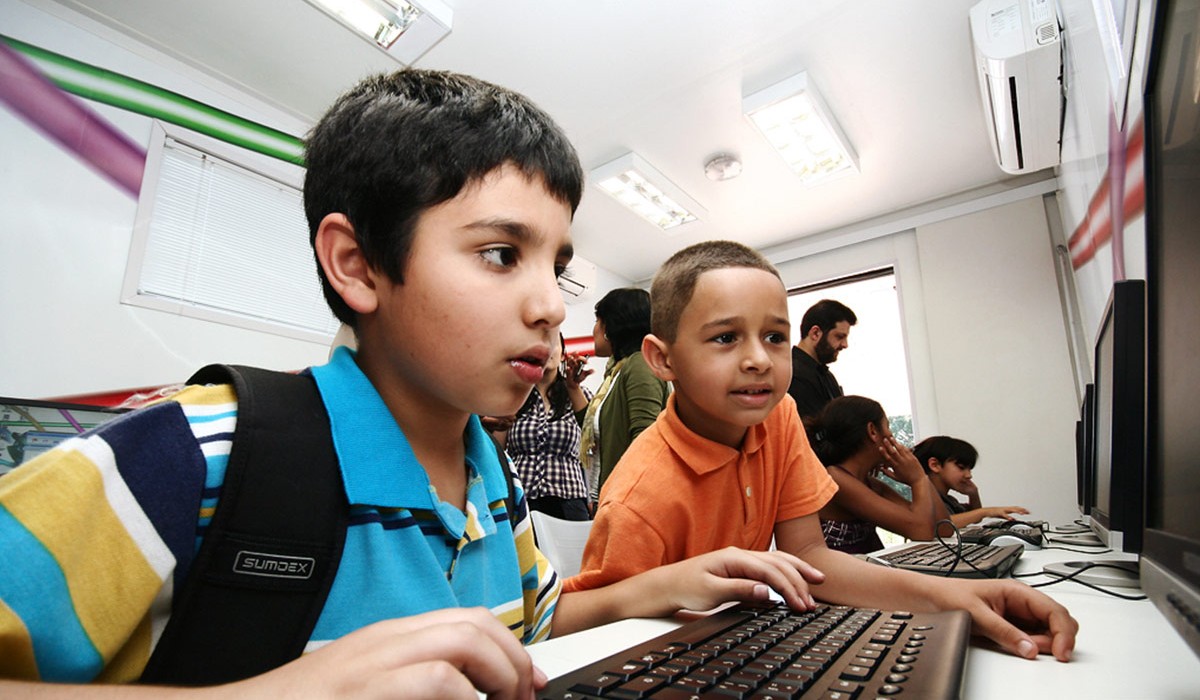-
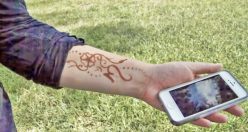
Children’s rights and resilience in the digital world
24th September 2019
The Sydney eSafety 2019 conference saw policy makers, researchers and practitioners from different fields and countries come together to discuss how to improve children’s digital lives. Our presentation on Global Kids Online (GKO) provided a foretaste of our 11 country comparative findings report, and the insights gleaned from an independent evaluation report of GKO impact in our partner countries. Both reports will be published in the coming few months – watch this space.
-

Online on the phone: Czech children’s internet use
5th August 2019
A survey of 2,825 Czech children showed that 84% access the internet daily using their mobile phones and only 45% use a computer. Even the youngest children aged 9 to 10 years use predominantly their phones to go online (64% use it daily), while 29% of all children say that they are online on their mobile ‘almost all the time’. How does this affect their experiences and exposure to risk?
-

Costa Rica: highlights from the new research
15th July 2019
A new study on children’s internet use in Costa Rica was conducted by the University of Costa Rica and the Paniamor Foundation. The nationally representative survey with 1,008 children and their parents found important digital divides related to access, opportunities and skills. Using mobile phones for learning at school and receiving enabling mediation from parents can improve children’s digital skills and access to online opportunities.
-
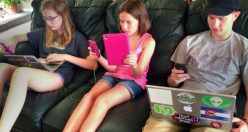
How do Norwegian children understand the internet?
5th March 2019
While children in Norway are often referred to as ‘digital natives’, new research by EU Kids Online suggests that this is an inappropriate term. It discovered that, although children often understand concepts related to the internet, they can’t always apply the practical skills related to those concepts. The findings suggest that children may need more support online.
-
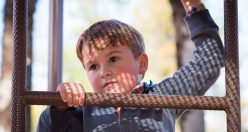
A ladder of children’s online participation?
18th February 2019
Findings on the online activities of children in Bulgaria, Chile and South Africa suggests a ‘ladder’ of online participation. Many children, especially younger ones, enjoy some of the fun and sociable opportunities that the internet provides, but do not climb the ‘ladder’ to reach the civic, informational and creative activities that are often heralded as crucial opportunities of the digital age.
-
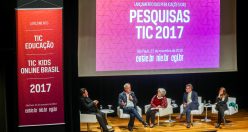
Brazilian findings: more children read online news
26th November 2018
The Regional Center for Studies on the Development of the Information Society (Cetic.br) launched the results of the sixth ICT Kids Online Brazil survey. The results show that more children are now online (85% of children aged 9 to 17 years), they mostly use a mobile phone to access the internet (93%), and receive more parental guidance on safe internet use. The new survey explores for the first time children’s civic participation discovering that over 1 in 10 children use the internet to discuss politics and problems in their city or country.
-
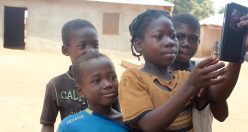
Children and the internet: new findings from Ghana
23rd October 2018
UNICEF Ghana is launching its new report on children’s experiences online as part of the National Cyber Security Month Campaign by the First Lady of Ghana. Key findings are that the internet offers important learning, socialising, and entertainment opportunities for children, but important gaps remain related to online access, digital skills, and parental support. The study was conducted in collaboration with the Ministry of Communications, the Ministry of Interior, and the Ministry for Gender, Children and Social Protection.
-
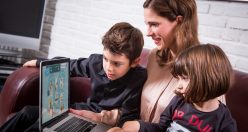
Kids Online Uruguay: key findings from the new study
3rd May 2018
New findings from Global Kids Online in Uruguay are launched today by UNICEF, Plan Ceibal, AGESIC, Universidad Católica del Uruguay, and UNESCO. Uruguay has witnessed significant advances in the spread of internet connectivity in recent years as a result of public policies for digital inclusion. The study further advances the knowledge about Uruguayan children’s engagement with the digital environment.
-

Global Kids Online Canada
.
The eQuality Project – a seven year SSHRC-funded partnership of scholars, research and policy institutes, policymakers, educators, community organizations, and youth – will launch the Canadian Kids Online Project in 2018 with collaboration from the Office of the Privacy Commissioner of Ontario (IPC), and UNICEF Canada. It will focus on the online experiences of Canadian youth, as well as their knowledge of online privacy, and how that affects their online experiences.
Search Global Kids Online
Popular tags
Albania
Argentina
Brazil
Bulgaria
Canada
Children's rights
Children online
Chile
China
Costa Rica
COVID19
Cyber-bullying
Czech Republic
Digital literacy
Disrupting Harm
Ecuador
EU Kids Online
Europe
Fieldwork
Findings
Ghana
Impact
India
Italy
Latin America
Montenegro
New Zealand
Norway
Online opportunities
Online risks
Online safety
Philippines
Policy
Presentation
Privacy
Reports
Research methods
Research Synthesis
Research tools
Serbia
South Africa
Stakeholder engagement
Survey
UNICEF
Uruguay


